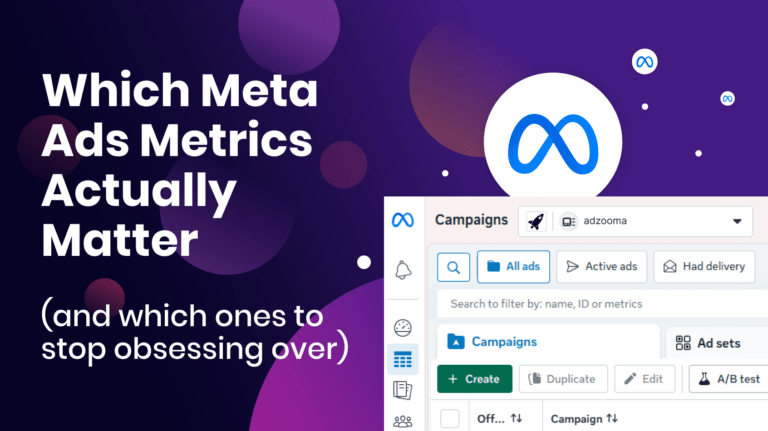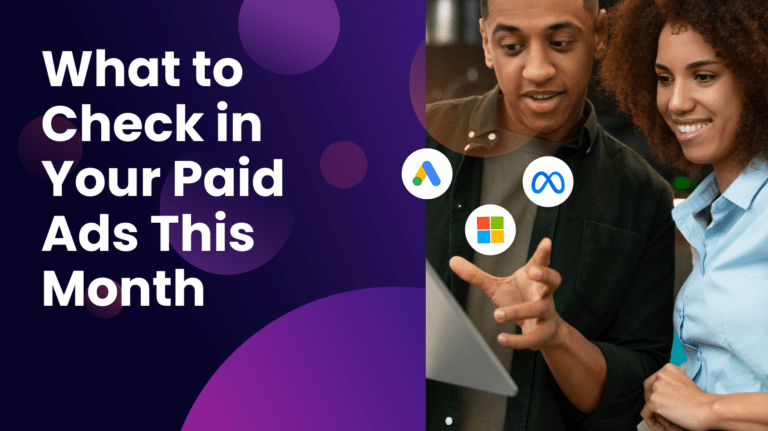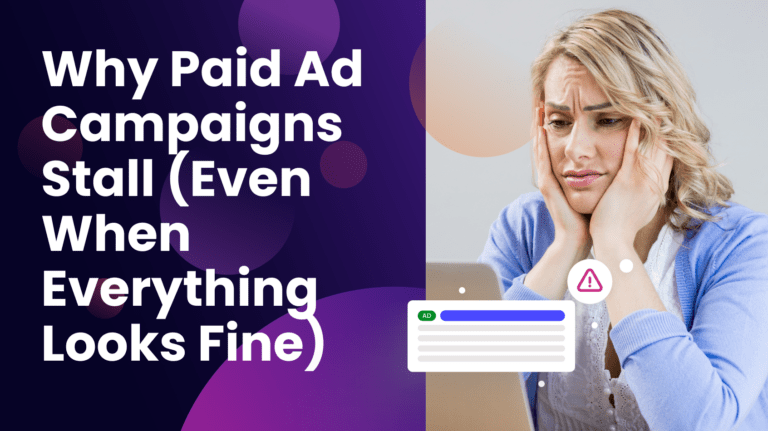TL;DR
- Google confirms unannounced November 2019 update.
- Facebook staff describe workplace racism in anonymous letter.
- Google’s secret cache of medical data puts 50 million Americans at risk.
- Microsoft reveals updated Diversity and Inclusion Report.
- Google Chrome announces plan to warn users of slow loading pages.
Google confirms unannounced November 2019 update
What: On November 12th, Google SearchLiaison acknowledged suspicions around a search algorithmic ranking update that was otherwise unannounced. It was confirmed on Twitter that Google did several updates, just as they have “in any given week on a regular basis,” though this one caused an uproar among advertisers.
Why: According to Google, only updates that require actionable guidance for content owners are preannounced to make all advertisers aware. Otherwise, there is rarely the need to highlight such changes and users should simply “keep focused on great content.”
The result: The response was mostly negative, with advertisers revealing an unexpected decrease in traffic due to low-quality content ranking higher than high-quality content. Some also claimed that Google updates, on the whole, are often illogical and unpredictable with little thought into the possible repercussions, though arguably a result of their content.
Facebook staff describe workplace racism in anonymous letter
What: An anonymous letter was published on November 7th by a group of employees slating Facebook’s increasingly racist and discriminatory culture. It comes nearly a year after former Facebook Strategic Partner Manager Mark Luckie accused the company of racial discrimination and ultimately having a “black people problem.”
Why: The group said they were “angry, oppressed and depressed, and treated every day through the micro and macro aggressions as if we do not belong here.” It went on to describe 12 different instances, one of which the said “we are only meant to be seen as quotas, but never heard, never acknowledged, never recognised, and never accepted.”
The result: Facebook’s Bertie Thomson, Vice President of Corporate Communications responded to the alleged claims via a blog post, stating “No one at Facebook, or anywhere, should have to put up with this behavior,” adding “We are sorry. It goes against everything that we stand for as a company. We’re listening and working hard to do better.”
Google’s secret cache of medical data puts 50 million Americans at risk
What: A whistleblower from Project Nightingale has expressed concerns surrounding Google’s secret cache of medical data of over 50 million Americans. A video, which has now been taken down, was posted on the social media platform DailyMotion containing hundreds of confidential files that can supposedly be accessed by Google staff.
Why: According to the whistleblower, there has been no warning given to the millions of patients or doctors whose personal medical data is being transferred through the system. It will unethically cover thousands of hospitals, clinics and outlets to contribute towards new artificial intelligence – which raises security fears and “may be in breach of federal HIPAA rules.”
The result: Google responded in a blog post on November 11th, somewhat clarifying the initiative known as “Nightingale”, otherwise “Ascension.” They stated, “All of Google’s work with Ascension adheres to industry-wide regulations (including HIPAA) regarding patient data, and come with strict guidance on data privacy, security and usage.”
Microsoft reveals updated Diversity and Inclusion Report
What: Microsoft has revealed their 2019 Diversity and Inclusion Report reflecting on their data, journey, learnings and employee’s stories. The article was written by Chief Diversity Officer Lindsay-Rae McIntyre following their initial report in April in a bid to be more transparent.
Why: The 47-page document was released to showcase the progress they’re making towards their goal to “increase diversity at Microsoft globally.” It includes never-seen-before information such as The Inclusion Index, equal pay data and metrics surrounding women, racial and ethnic minorities among managers and individual contributors.
The result: Though the report was meant to showcase the positive impact of their mission, the demographic data surrounding gender diversity sparked controversy within the media. However, Microsoft has owned up to their arguably poor diversity hiring, stating “there is clearly more” they need to do.
Google Chrome announces plan to warn users of slow loading pages
What: On November 11th, Google Chrome announced potential plans to implement new warning indicators for slow loading websites. According to the blog post, it may take a number of forms and they plan to experiment with different options to determine which provides the most value to their users.
Why: Chrome has always intended to provide an unbeatable user experience and has since noticed several sites that are arguably too slow and disconcerting for the user. The new badging feature will solve this problem, providing high-quality experiences and rewarding sites with fast loading times.
The result: Once rolled out, Chrome will identify when sites are “authored in a way that makes them slow generally, looking at historical load latencies”, as well as when a page is likely to be slow based on the user’s device and network conditions. Consequently, sites that load faster will bring in more traffic, clicks and potential customers.
Other hot topics of the week include:
- Google expands Local campaigns inventory to include product catalogues, promoted pins in maps, store visits bidding and store pick up details.
- Google’s new SERP feature truncates title tag in favour of location to encourage higher click-through rates and provide more clarity for searchers.



